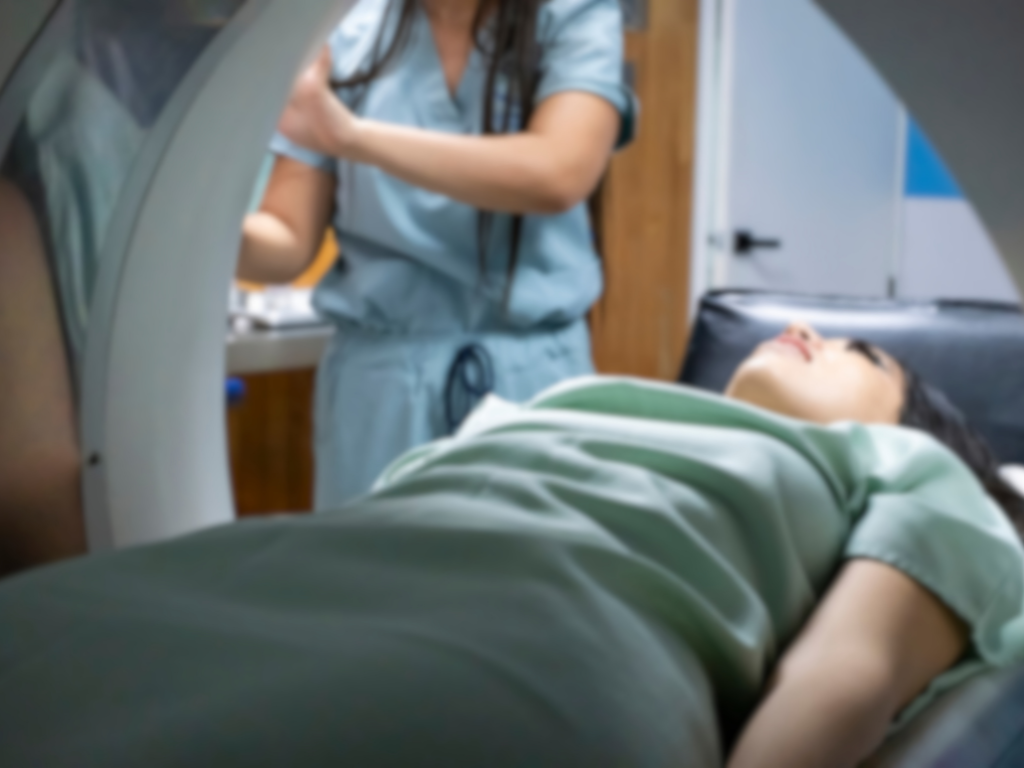
SOLACE in the Lubelskie region, Poland: Mobile lung cancer screening
The SOLACE project was recently featured in regional news from Poland, highlighting the success of a mobile lung cancer screening initiative. The segment showed how the project is improving access to life-saving diagnostics through the use of a mobile low-dose CT unit.
During its tour of eight counties in the Lubelskie region, the mobile unit provided free lung scans to around 2,600 residents. The tests quickly proved their value:
- 15% of participants showed changes that required further medical evaluation
- 22 cases of lung cancer were identified at an early stage, as well as one lymphoma and two breast cancer cases
Watch to learn more and hear from a participant who experienced the low-dose CT screening process.
Note: This video is in Polish. Turn on captions/subtitles in the video player toolbar, then choose your preferred language to follow along.
Clinicians interviewed in the broadcast, including Prof. Dr. Joanna Chorostowska-Wynimko (SOLACE Scientific Coordinator and Poland lead), stressed the importance of proactive screening. Detecting lung cancer early greatly improves the chances of successful treatment, while the test itself is simple and painless.
The report also highlighted the wider goals of SOLACE: making screening easier to access while also raising awareness. Beyond the scans, the project helps people understand the risks of smoking, the value of regular check-ups, and how prevention can reduce deaths from lung cancer.
SOLACE is focused on reaching high-risk individuals by bringing screening directly to local communities. Lung cancer screening is designed for people who:
- aged between 55 and 74 years. In some countries, screening starts at age 50 or continues up to 80, so age limits can differ;
- currently smoke or have smoked in the past, with a smoking history of at least 20 pack years. A “pack year” measures how much you have smoked over time. For example:
- 20 pack years means smoking one pack (20 cigarettes) per day for 20 years
- or two packs per day for 10 years
- or half a pack per day for 40 years
- do not have symptoms of lung cancer; screening is designed for people who feel generally well but have a higher risk because of their smoking history and age.
Learn more about who screening is for and what the process involves

